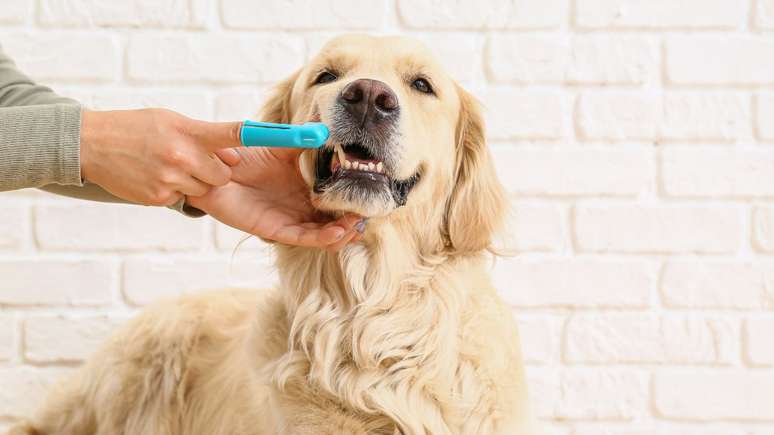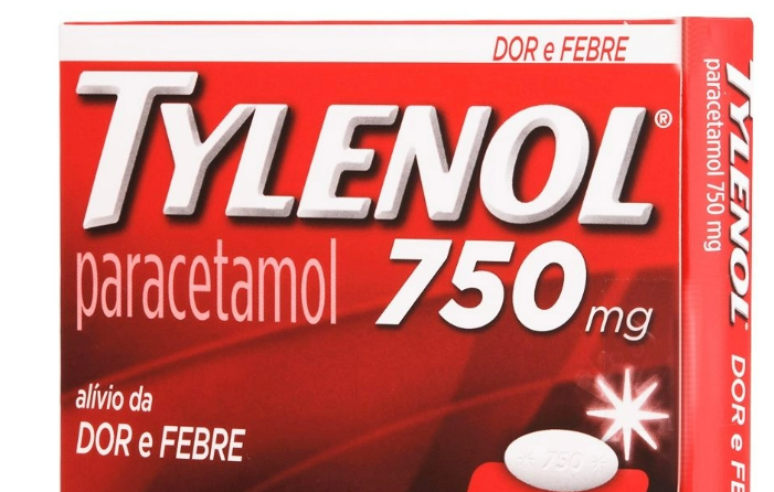The veterinarian explains the precautions to take for pets’ oral health and how to prevent serious diseases
Does your pet have bad breath, dental plaque, or weak, yellowed teeth? According to veterinarian Igor Soffo, of the Max Planck University Center (UniMAX Indaiatuba), these could be signs that there is something wrong with the oral health of the dog or cat.
Whether these signs exist or not, it is very important to take care of your pet’s oral hygiene. After all, it is precisely its lack that causes various diseases in dogs and cats. “Periodontal diseases in pets of all ages are not rare, as the lack of treatment creates a predisposition to the accumulation of bacterial plaque, favoring the formation of tartar and bad breath”, underlines the specialist.
OR Tartar, specifically, occurs a lot because it is normal for food residues to remain stuck in the teeth of dogs and cats after eating. And without regular cleaning, bacteria builds up and forms plaque.
Tartar buildup begins near the gums and extends throughout the tooth. As the disease progresses, ligaments and bones are destroyed, causing the tooth to fall out. Yellow spots are a sign of the disease, which can become very serious. This is because, when the situation worsens, the bacteria can enter the bloodstream and reach other organs, such as the heart, kidneys and liver.
How to prevent
To prevent problems and take care of pets’ oral health, the most important thing is to brush them. Since bacterial plaque appears more or less 48 hours after the accumulation of dirt, frequent brushing of bacteria will help to avoid this, as well as remove the one that is already forming.
“Grooming should start when it is still young, this way the animal will gradually allow itself to be handled and brushed. It is difficult for adult animals to adapt to brushing,” advises the veterinarian. It is also worth remembering that it is advisable to always use specific toothpastes for pets and snacks for oral hygiene can also be useful.
Another tip is to pay attention to whether pet chew toys are suitable, as they can also help or worsen pets’ oral health. Additionally, it is essential to take your pet to the vet regularly for evaluation. Depending on the case, he may recommend periodontal cleaning, which takes place under general anesthesia.
Source: Terra
Ben Stock is a lifestyle journalist and author at Gossipify. He writes about topics such as health, wellness, travel, food and home decor. He provides practical advice and inspiration to improve well-being, keeps readers up to date with latest lifestyle news and trends, known for his engaging writing style, in-depth analysis and unique perspectives.








